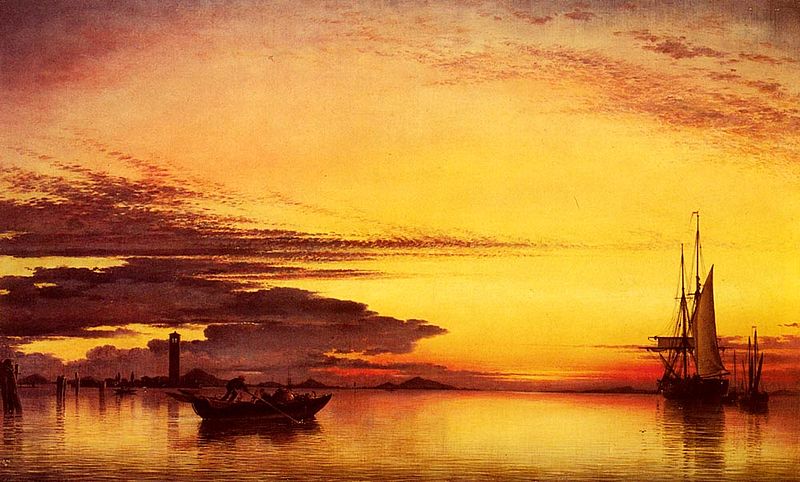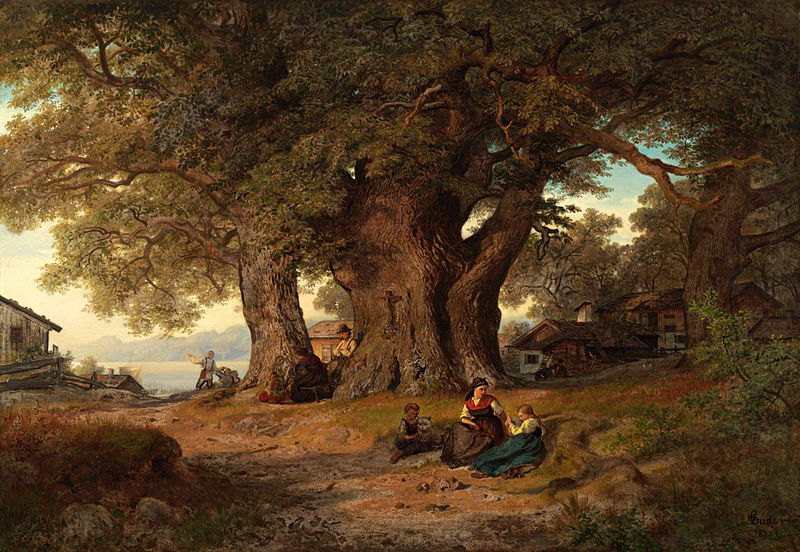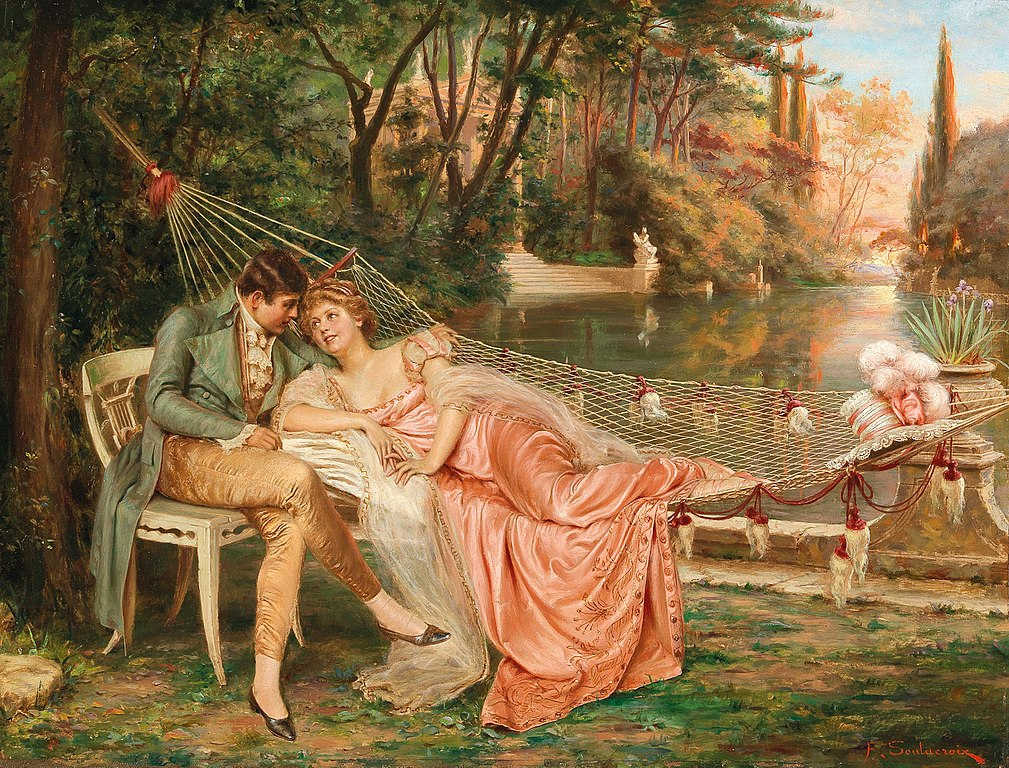
habitacle
n. a dwelling-place or habitation
crispation
n. the state of being curled
affabrous
adj. ingeniously made or finished
rhathymia
n. light-heartedness
British artist Alex Chinneck designed this unzipped building facade for Milan Design Week in 2019. The theme is continued inside, where giant zippers create openings in walls and the floor. More at Dezeen.




